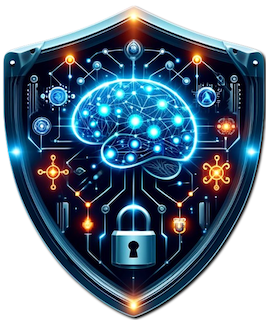

The IQSeC Lab conducts research across three main areas: Machine Learning for Endpoint Security, Machine Learning for Network Security, and Quantum Security. Our work addresses practical and emerging challenges in these fields, aiming to enhance security and privacy through innovative approaches and collaborations.
Our endpoint security research focuses on creating adaptive malware detection systems that can learn from new data over time. Using continual learning techniques, we build models that improve as they encounter new types of malware, enabling more accurate detection even as threats evolve. By addressing issues like "catastrophic forgetting," where models may lose accuracy on older threats when updated with new data, our approach seeks to make malware detection systems both responsive and reliable.
In network security, we explore how machine learning can uncover vulnerabilities in encrypted traffic, such as that in Tor, where unintended information leaks may expose users to risk. Our work includes not only identifying these vulnerabilities but also designing effective methods to defend against them, enhancing user privacy and network resilience. By developing attack and defense models, we contribute to understanding and mitigating privacy risks in encrypted network environments.
As quantum computing advances, traditional encryption methods may become vulnerable to quantum-based attacks. Our quantum security research addresses this challenge by developing secure communication protocols based on quantum key distribution (QKD) and post-quantum cryptography (PQC). We aim to build robust systems that can resist quantum-enabled threats, focusing on both theoretical foundations and practical implementations to secure communications for the future.
The IQSeC Lab is fortunate to have a group of bright and dedicated students who contribute to advancing our research.
The IQSeC Lab collaborates with respected academic institutions and industry to advance research. These partnerships enable us to leverage complementary expertise and perspectives in pursuit of shared research goals.
A prospective PhD student should hold a bachelor’s degree in Computer Science, Software Engineering, Computer Engineering, Electrical Engineering, or a related field. The ideal candidate is motivated to conduct research in machine learning and cybersecurity and demonstrates proficiency in at least three of the preferred skills listed.
My goal is to provide resources and guidance to help students become strong, independent researchers.